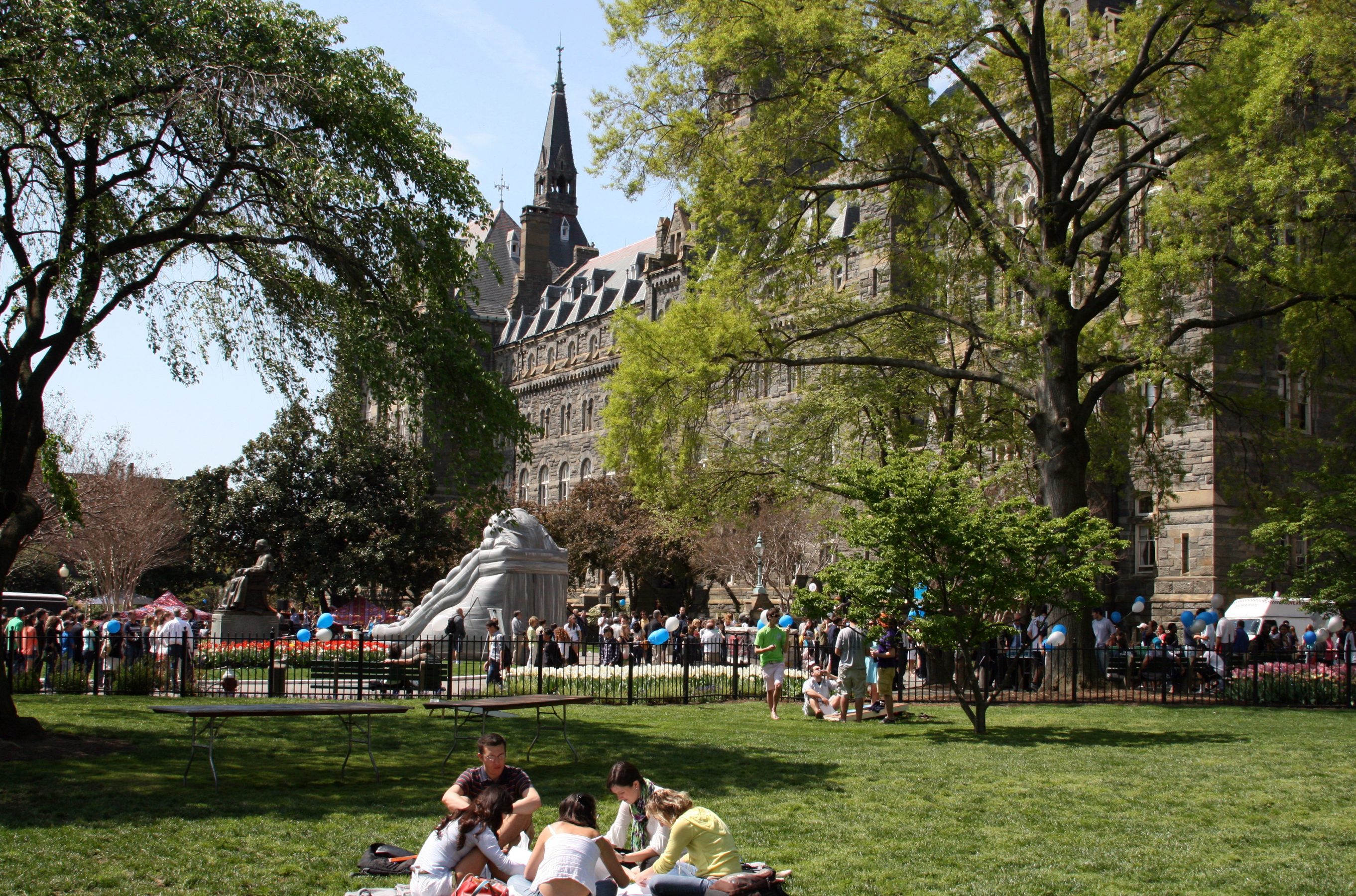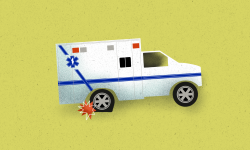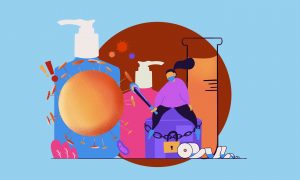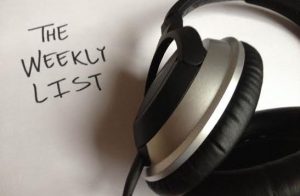Following past complaints by neighbors and professors, the university will be taking steps to ensure safety and minimize disturbances on Georgetown Day. The university will monitor this year’s event, held on April 28, for certain metrics, and there will be more GUPD and off-duty Metropolitan Police Department officers present. Data collected will include the number of calls to Student Neighborhood Assistance Program (SNAP), number of Georgetown Emergency Response Medical Service (GERMS) transports, and number of Georgetown Day volunteers.
While the university originally considered moving all events on the front lawn to 4 p.m., following discussions with GUSA it did not follow through with that plan. “We think it’s important to have events on the lawn earlier in the day to make sure students are outside, make sure they’re drinking water and eating food, all that stuff, earlier in the day because it’s good for health and wellness,” Kamar Mack (COL ’18), GUSA president, said.
The university chose to track statistics about the day, including the number of GERMS transports and disciplinary violations. “In the past, everything they’ve been observing has been anecdotal. They don’t have any metrics, and this is important for students to know because the numbers are undoubtedly not going to be pretty. You know, we like to have fun on Georgetown day, it’s very simple,” Mack said.
He worried that the statistics could be misused and lead to funding being denied for future Georgetown Day events. “These metrics will be skewed because one party could get four SNAPs calls and and it’s not necessarily a big party…. one neighbor could call SNAPs eight times throughout the day, and that neighbor could also call at 6:30 a.m. because they hear someone in their room playing music in the shower,” Mack said.
According to Jack Nalen (SFS ’17), president of the Student Advocacy Office (SAO), discussions about Georgetown Day 2017 began after Homecoming 2016 caused neighborhood disturbances. “When you look at the data there were SNAPs calls going out far earlier in the day than had ever been happening at Homecoming before and it seems that the volume of SNAPs calls was elevated throughout the day and I think appropriately there were concerns about student behavior especially off campus when it comes to days like Homecoming and Georgetown Day.”
To inform students about the changes, GUSA partnered with the SAO to host an event titled “Save Georgetown Day!” on April 4. Mack, Nalen, and others presented on the changes to Georgetown Day and the best ways to avoid disciplinary violations and stay safe while celebrating.
Rachel Pugh, university spokesperson, wrote in an email to the Voice that the administration was glad to see students taking a strong initiative regarding the problems. “The concerns that faculty and administrators have raised about Georgetown Day relate to excessive drinking, disruptions in classes, and health and safety risks for our community and our neighbors. We are encouraged that students are thoughtfully considering these issues, and we urge every student to be responsible and to use good judgment around Georgetown Day activities,” she wrote.
The university can defund Georgetown Day, though Mack hopes that this will not be the case. “I hope the university does not use these metrics to say ‘This is unacceptable, and this is not something we will continue to fund,’” he said, adding that Georgetown Day festivities will continue whether there are events sanctioned by the university or not.
“[The administration] won’t cancel it; they’ll just make it less effective and less fun for students,” he said, “We were able to explain the student perspective on things and they were very open and very understanding.”





